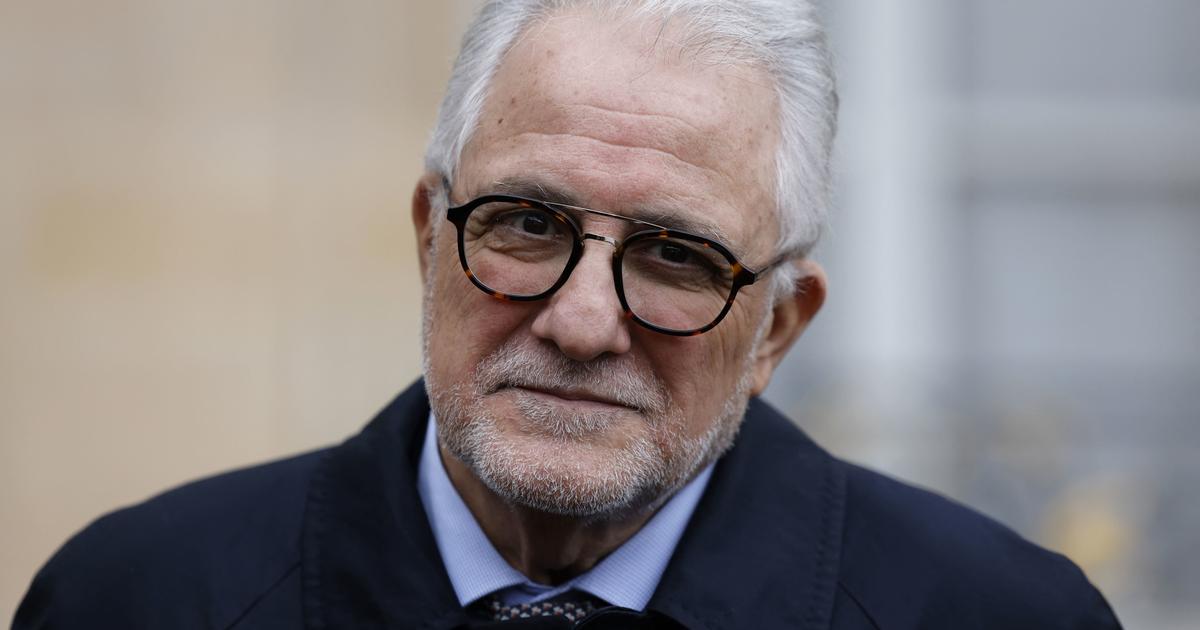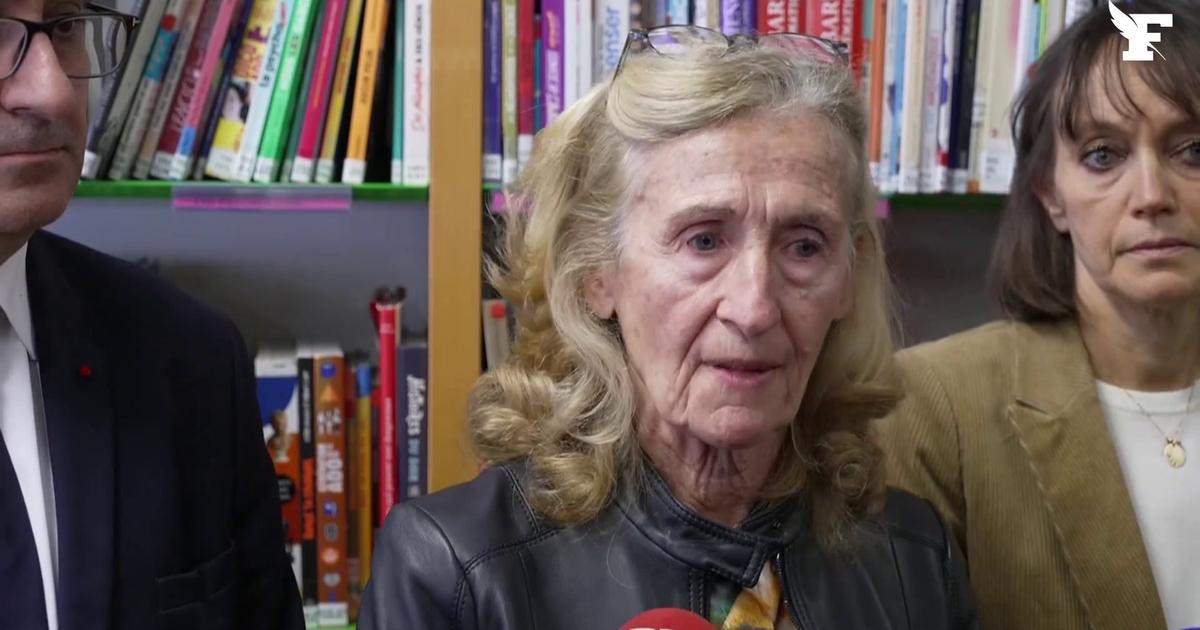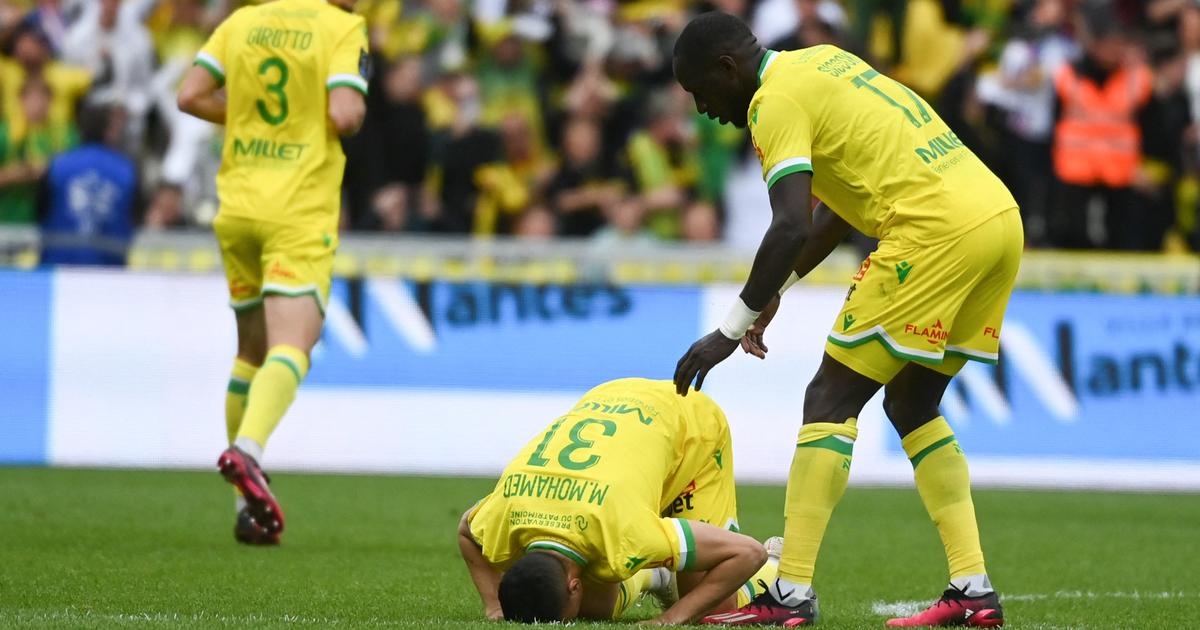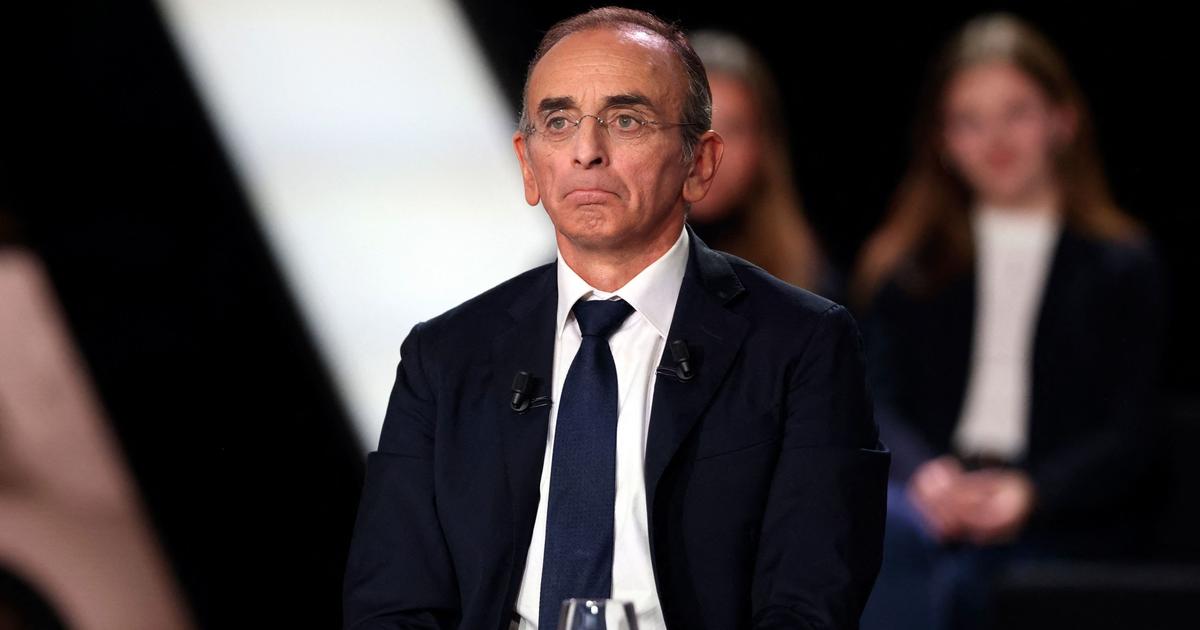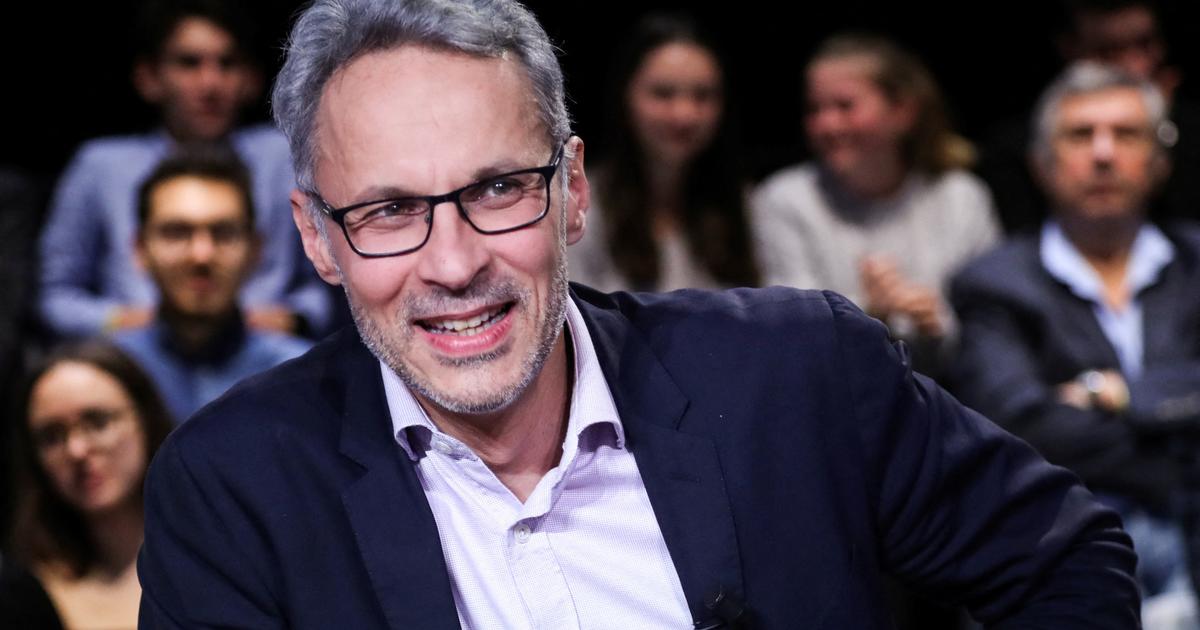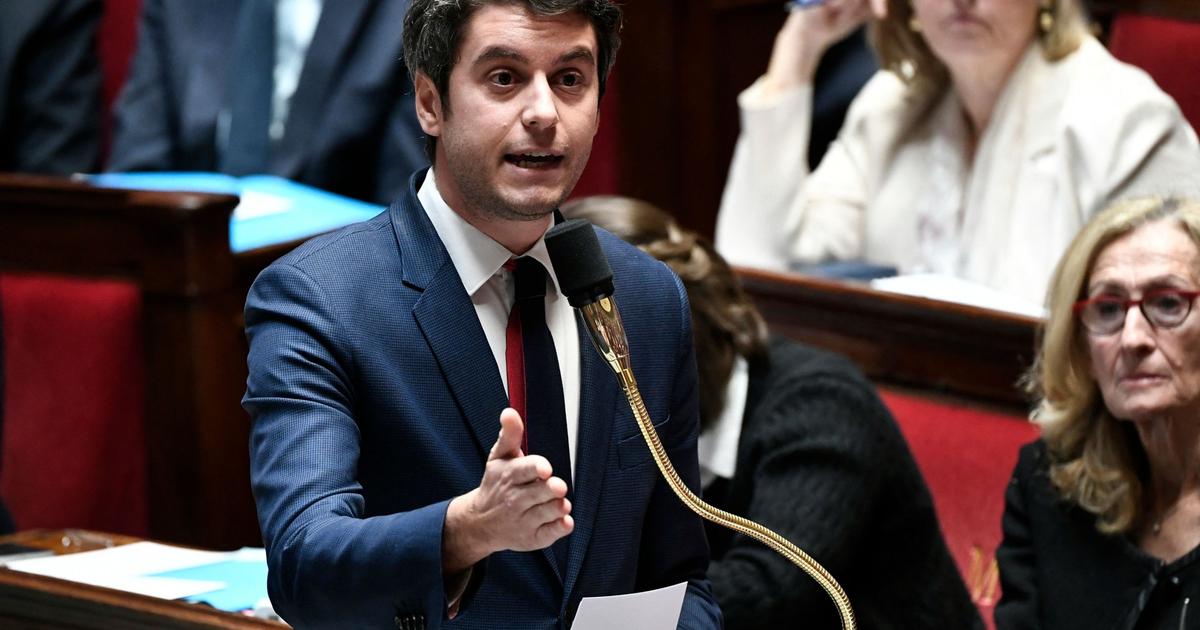My six-year-old daughter is now attending the first grade of French elementary school in our Parisian neighborhood. She must be picked up punctually at the end of school at 18 o'clock. Next to me often waits the half-veiled mother of a classmate, who, like me, still has a son in the preschool next door.
Apart from the color of the skin, the children do not seem to distinguish anything. But it is noticeable that the mother does not speak to anyone, but otherwise, while waiting in front of the school, they all chat happily. That's why I've spoken to her several times. But she does not look at me, and her answers remain tight-lipped.
Over veiled or headscarf-wearing mothers like these are just quarreling throughout France. One of them, accompanied by her son's class, recently visited a regional parliament in Burgundy wearing her headgear, as always. She was a regional representative of the right-wing extremist Rassemblement National (RN) to the speech, her child had to cry. And now, according to surveys, three quarters of the French say that mothers in headscarves or veils - like those who often stand next to me in the evenings - are not supposed to attend school trips.
This debate in France is exactly 30 years old. In 1989, mainly left-liberal intellectuals led by philosopher Alain Finkielkraut signed a manifesto against the wearing of headscarves in state institutions of the republic, including schools, town halls, and parliament. They invoked the secularism of the French Republic guaranteed by a law of 1905, which forbade the state to make common cause with any religion. Since then, religious education in public schools, as is customary in Germany, is unthinkable in France.
What is France responsible for?
Originally, the law passed over 100 years ago was used to distinguish it from the then powerful Catholic Church in France. Today, however, critics like Finkielkraut fear Islamist infiltration: "Our society is counting more and more of its declared enemies in the ranks of those who join it," writes the still active 70-year-old in his recent work "In First Person". , And these enemies, as most Frenchmen evidently believe in him, are recognizable not least by headscarves or veils.
The RN led today by Marine Le Pen has grown up with this unending debate. Again and again, the question is: How much blame can be assigned to Islam and what is France responsible for? After the Paris attacks of autumn 2015, which claimed 130 casualties, it once again became clear that (radical) Islam is to blame. However, even then one fell out of line: France's current President Emmanuel Macron. He was among the rare voices after the attacks, which pointed to the French ownership due to the integration problems of Arab-influenced youth in the suburbs.
"One must not stigmatize citizens"
It's a bit like this again today: all of France gets excited, but Macron does not move. "One must not stigmatize citizens," he warned at the recent Franco-German summit in the presence of Chancellor Angela Merkel. That was, I thought, also aimed at the veiled in front of our Parisian school gate. Did not I address her to defy this stigma?
In the video: Animation - From headscarf to burka
THE MIRROR
But it is difficult to overlook how alone the president stands with his words. Our district in Paris, the 11th district, is considered to be particularly open, tolerant and mixed by origin. But even here at the school gate nobody talks to the veil bearer. Finkielskraut's old talk about the "lost territories of the republic" in the suburbs of Paris, however, still has its core truth: to this day, there is often an Islamic-influenced parallel society that is very far from integration. It is not without reason that one of Macron's most important reforms stipulates that elementary school classes should not have more than twelve pupils in this problem area. So that the students at least learn French correctly there.
The refusal of the president to resort to clear images of the enemy is now criticizing his closest allies. "Marine Le Pen scores points," warns Macron-affiliate columnist Francoise Fressoz, "the persistence of the identity dispute across many presidencies forces Emmanuel Macron to make a serious response."
But has not he given her long ago? It is still unclear whether the Islam dispute returns to the center of French politics or just flares up just one last time. Le Pen hopes for the first, Macron hopes for the latter.


